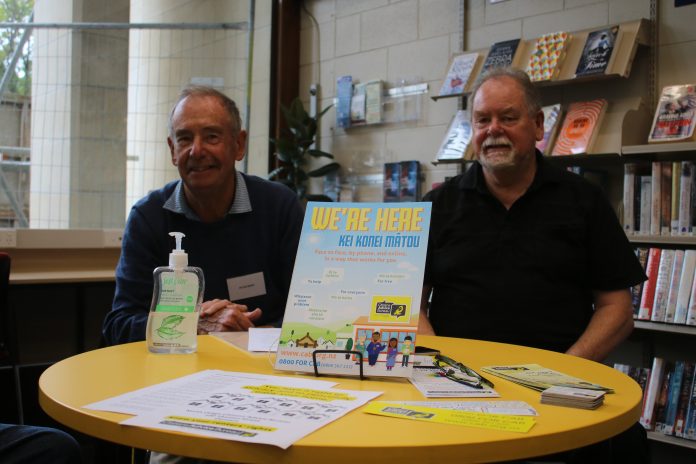
The Citizens Advice Bureau is in demand in North Otago.
In a report to its annual meeting last Friday, co-ordinator Sharon McDonald said the bureau had fielded 1145 queries in the past year.
‘‘The number of queries is down 208 on last year’s total — which could potentially be due to not as many people being out and about while Covid was in the community,’’ she said.
Chairman Peter Bond said Covid continued to have a huge impact on the bureau’s work.
‘‘The impact will be with us for many years to come.
‘‘The CAB public website, our intranet and our reporting system have led to easier use of our online facilities and access to current information. This has been embraced enthusiastically by our board and volunteers,’’ Mr Bond said in his annual report.
‘‘It has also, in my view, impacted on the number of inquiries our bureau receives both in person and by phone.
‘‘I believe the younger generation and the more computer›savvy members of society google and use the CAB public website to access information.’’
The highest number of queries was in the ‘‘legal/government’’ category, which accounted for 43% of all client interview inquiries. Of those, 65% related to Justices of the Peace, 30% were about free legal advice, and the remaining 5% were about immigration.
Queries in the ‘‘consumer’’ category amounted to 13% of the total, and ‘‘community’’ 12%.
‘‘Walk-in clients’’ made up 54% of the year’s inquiries, followed by phone calls at 43%.
‘‘It appears there is still a high demand for face-to-face contact, and this highlights the fact that this remains an invaluable and irreplaceable component of the Citizens Advice Bureau,’’ Ms McDonald said in her report.
‘‘Ethnicity of people making inquiries with our bureau is diverse,’’ she said.
‘‘From the statistical information available and as Waitaki is predominantly European, it is not altogether surprising that inquiries from New Zealanders/NZ Europeans register at 75%, inquiries from the Pasifica and Asian community came in at 4% each, followed by European (2%), other (2%) and Maori 1%.
‘‘There were 12% of total inquiries that were non›identifiable as people declined to answer or were not asked.’’
People aged 60 to 69 were the main group accessing the bureau, then those aged 30 to 39, and thirdly those aged 70 to 79. Women made up 64% of clients.



